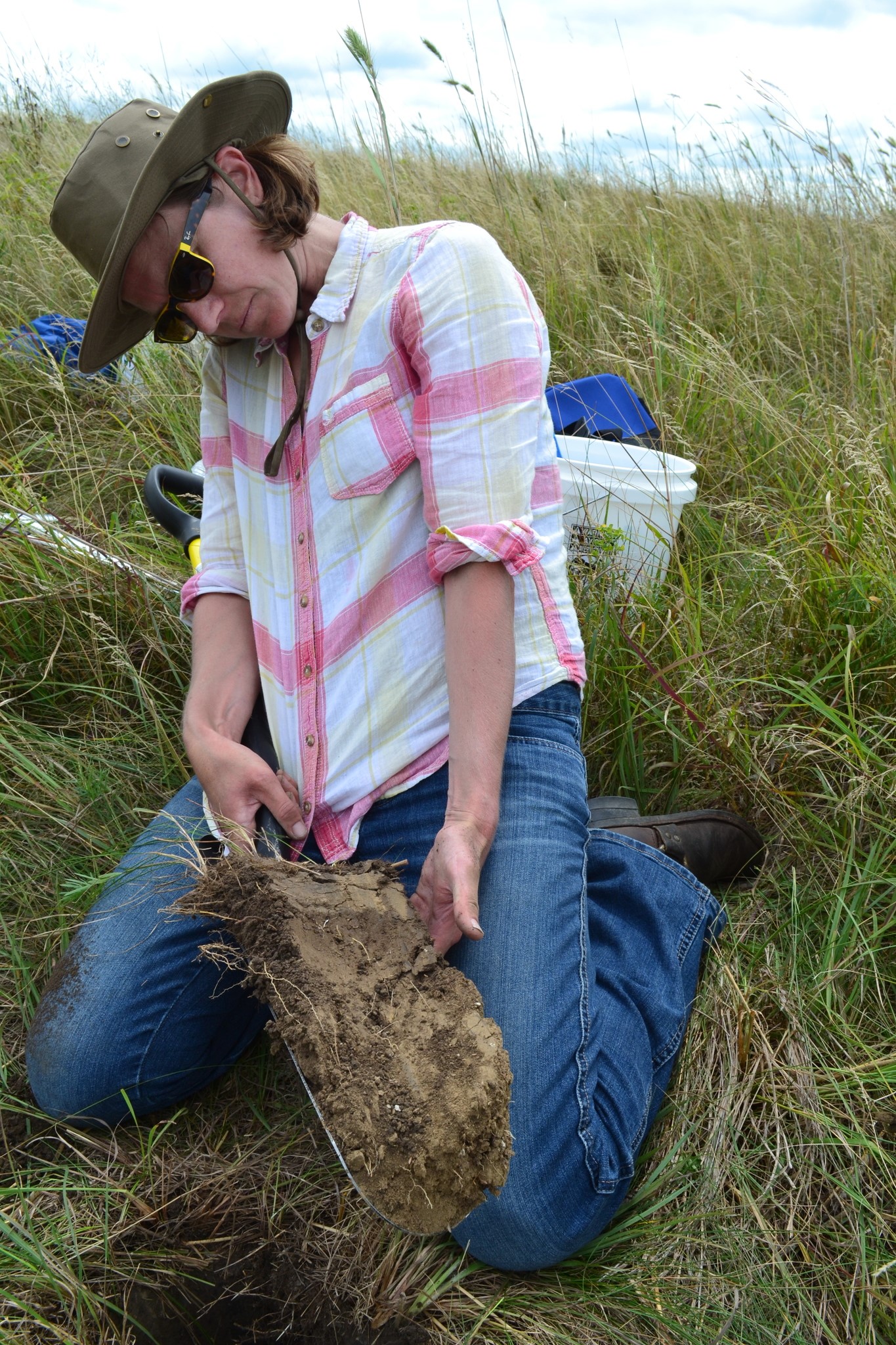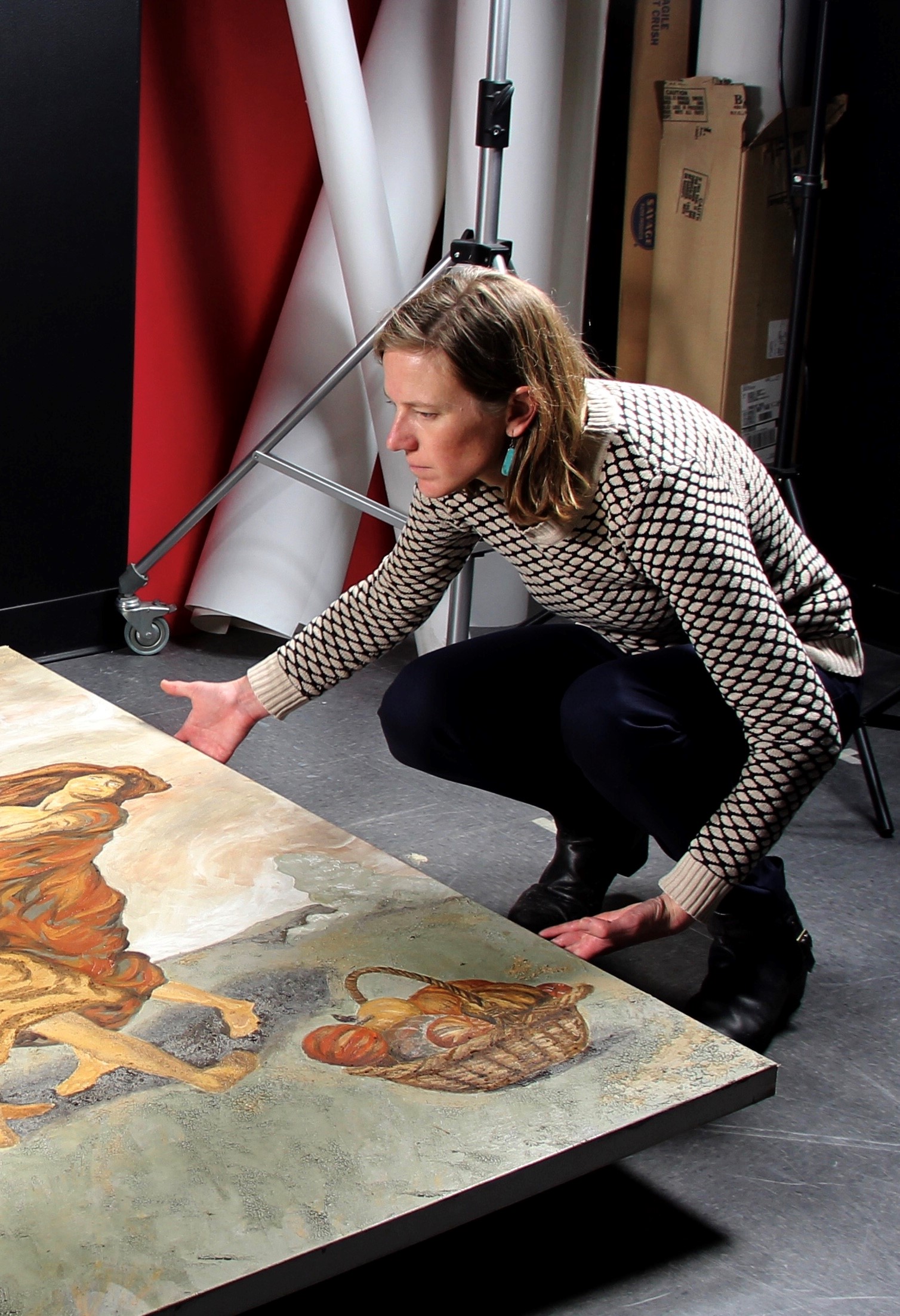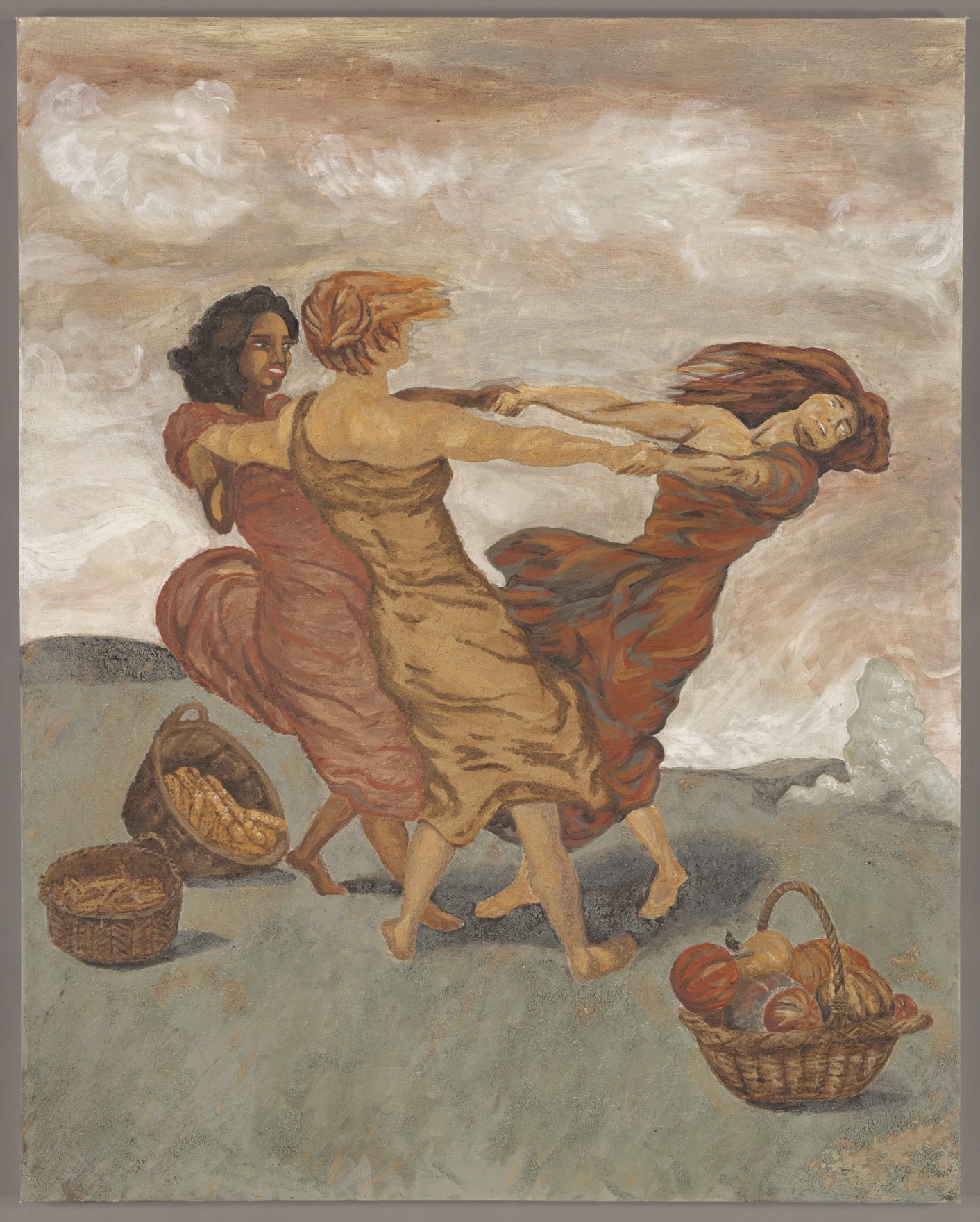


Soil Scientist and Artist
As the manager of the Cornell Soil Health Laboratory, I am able to blend my love of art with my love of science.
Kirsten Kurtz
Manager, Cornell Soil Health Laboratory
Cornell University
Academia
I consider myself a: Soil Scientist
My Highest Degree: Master’s Degree
I received my degrees from: B.A., Alfred University (transferred), State University New York, Empire State College M.S., Cornell University
I received my degree(s) in: B.A. in Fine Art, M.S. in Natural Resources
Length of Career: Before joining the Cornell Soil Health Lab seven years ago, I worked extensively with various Finger Lakes wineries and vineyards, accumulating valuable agricultural and scientific knowledge. I also gained a wide range of hands-on experience co-owning and managing a small-scale organic farm, selling garlic and small fruits commercially.
What was your career path to your current position?
I joined the Cornell Soil Health Lab as a lab technician and over time received an extensive hands on education in soil science, eventually becoming lab manager. I am now continuing this education in a formal way through the M.S. program in the Department of Natural Resources at Cornell University.
What projects are you working on now? What interesting projects have you worked on/led in the past?
As the manager of the Cornell Soil Health Laboratory, I am able to blend my love of art with my love of science.
We’re global leaders in the assessment of soil health. We receive soil samples from researchers and farmers around the world who are interested in developing a deeper understanding of their soil through our suite of soil health analyses. I’m also working on my M.S. degree. My research is comparing the soil health of un-tilled, remnant prairie soils with nearby agricultural fields so that we can learn the best ways to target restoration of degraded agricultural lands.
Also, I am excited about soil painting! I’ve been an artist all my life. In our lab I became inspired by the beauty and diversity of soils, decided to try to paint with it and discovered a new medium - soil painting. I mix various soils with water and a gesso binder to create my own soil paints with a wide range of hues, from the usual somber browns and blacks we visualize when we think of soil to a wide range of oranges, yellows, white, gray and even green.
What do you find most interesting about your work (either currently or a story of a past experience)?
Our lab has been sponsoring community soil painting events to celebrate World Soil Day on campus and at local music and arts events to raise public awareness of the importance of soil. We teach that soil is as critical to our future quality of life as clean air and water.
I organize teams of artists to paint a large canvas in public over the course of an afternoon. We also sketch a pattern on a “community canvas” and invite the public to try their hand at soil painting. We create videos of these events and promote them through social media and our websites so that our impact extends beyond the people we reach at the soil painting events.
The painting Three Sisters in Soil created at our public event celebrating World Soil Day 2017 won first place in the global soil painting contest sponsored the Food and Agriculture Organization of the United Nations. The contest was inspired by a similar event we held for the 2015 World Soil Day.
What do you like best about your job and/or what do you like best about being in your profession?
Working directly with farmers. With the test results in hand, we offer a wide range of resources that enable growers to develop management plans to improve the health of their soils. It might mean changing their crop rotation, planting cover crops, altering their tillage practices, or making better use of manure, compost and other sources of organic matter. After a few years, they can retest their soil to see if the changes they make are improving soil health – healthier crops, less environmental degradation and more profitable farms.
What’s the one thing you would change about your job/profession that would make it better?
I love my job. My only desire for change is to expand public knowledge of soil as an essential natural resource. We won’t solve the problems of soil degradation until there is a groundswell of public opinion that soil really matters – that it’s not just the dirt on our boots but a critical resource that sustains us.
What would you say to someone thinking about entering the profession? What advice would you give for succeeding in this field?
The world needs more soil scientists! There are many types of soil scientists as well as many other types of scientists who can contribute to the field. Perhaps you are good with code, or communication, or engineering, or a specific agricultural system. All of these skills have a place within soil science.
What do you like doing in your free time?
I enjoy hiking, painting and visiting botanical gardens and museums when I travel.
If you have more questions about my career, feel free to contact me at:
Kirsten Kurtz
Assistant Director, Cornell Soil Health Lab
Cornell University
Ithaca, NY
607-228-7109
ksk64@cornell.edu


